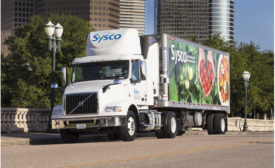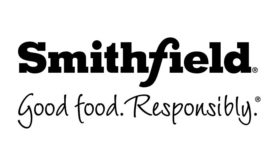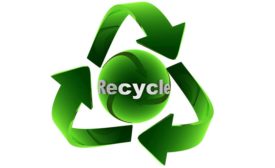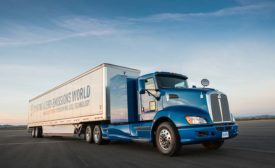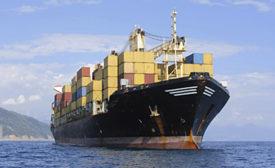Home » emissions
Articles Tagged with ''emissions''
Trident Seafoods to reduce ozone-depleting emissions
Trident will retrofit or retire 23 refrigeration appliances used on 14 marine vessels to use an alternative refrigerant that does not harm the ozone layer.
February 21, 2019
CalBio receives funding to enhance infrastructure for on-farm digesters
The dairy bio-methane pilot program is part of the state’s strategy to reduce emissions of short-lived climate pollutants, including methane.
December 14, 2018
Golden State Foods implements electrification project to save fuel, lower emissions
This project allows GSF’s cargo trucks to stop idling their engines to keep food cold, and instead plug into power outlets at the facility.
August 10, 2018
Toyota opens portal for zero emission trucking at Ports of Long Beach, Los Angeles
Project Portal is the next step in Toyota’s effort to broaden the application of zero emission fuel cell technology that can serve a range of industries.
July 5, 2017
Tetra Pak announces science-based targets for climate impact reduction
Tetra Pak is said to become the first company in the food packaging industry to have its climate impact reduction targets approved by the SBT initiative.
February 2, 2017
The Port of Hamburg embarks on IoT with air quality measurement sensors
The technical management of the project was carried out by Kii in partnership with AQMesh.
December 7, 2016
Elevate your expertise in refrigerated and frozen foods with unparalleled insights and connections.
Get the latest industry updates tailored your way.
JOIN TODAY!Copyright ©2024. All Rights Reserved BNP Media.
Design, CMS, Hosting & Web Development :: ePublishing

